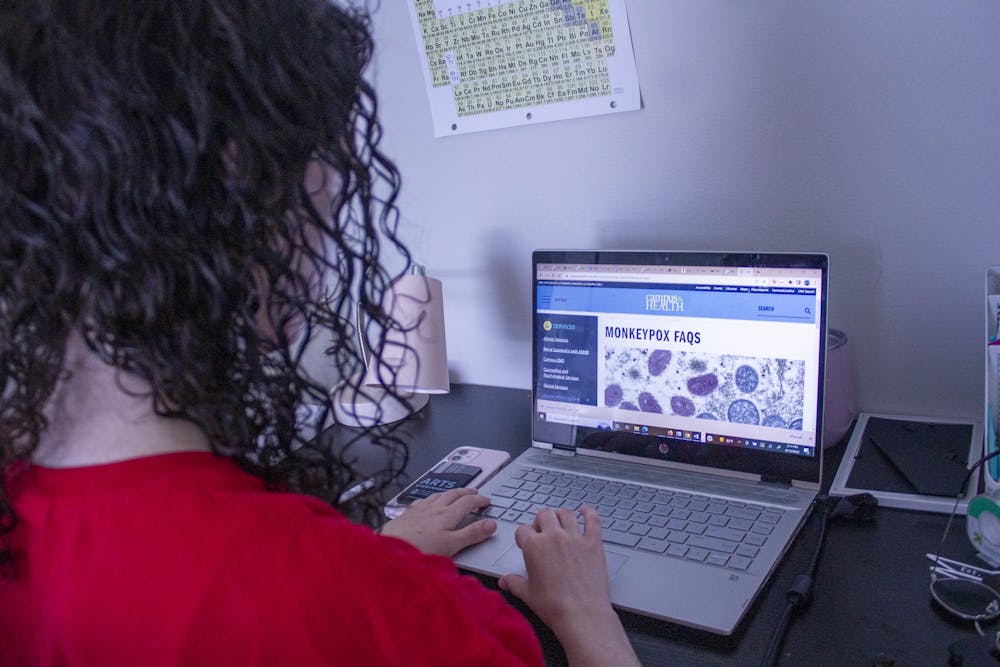As monkeypox case numbers continue to rise in North Carolina, UNC is continuing research and taking action to flatten the curve.
UNC is one of only three academic medical centers in the U.S. conducting monkeypox testing. According to Media Relations, Campus Health is prepared to identify symptoms and test when clinically indicated.
Although Campus Health has been approved as a monkeypox vaccine provider by the North Carolina Department of Health and Human Services, they have not yet received any vaccine doses due to supply chain availability, per Media Relations.
As a "think tank" and a medical epicenter, Dr. David Wohl, a UNC professor of medicine in the Division of Infectious Diseases, thinks the University should look beyond the immediate threat and to the bigger picture. Wohl is familiar with epidemic crises, having researched treatments for Ebola and other diseases around the world.
“I know we're reacting to monkeypox, but what's the next big thing that can happen and where will it come from? And what can we do now to make that not happen as a University?” Dr. Wohl asks.
What is monkeypox?
Monkeypox was first recognized in 1958 in primates and is endemic to West and Central Africa, Dr. David Weber, a professor of medicine, pediatrics and epidemiology at UNC, said.
Previously, the disease was mostly observed sporadically, possibly mainly transmitting from animals to humans, Dr. Myron Cohen, a professor of medicine, microbiology and immunology and epidemiology at UNC, said.
Dr. Cohen said the virus spreads through close physical interaction with infected individuals, most often by prolonged skin-to-skin contact, commonly during sexual intercourse. However it is not a sexually transmitted disease.




